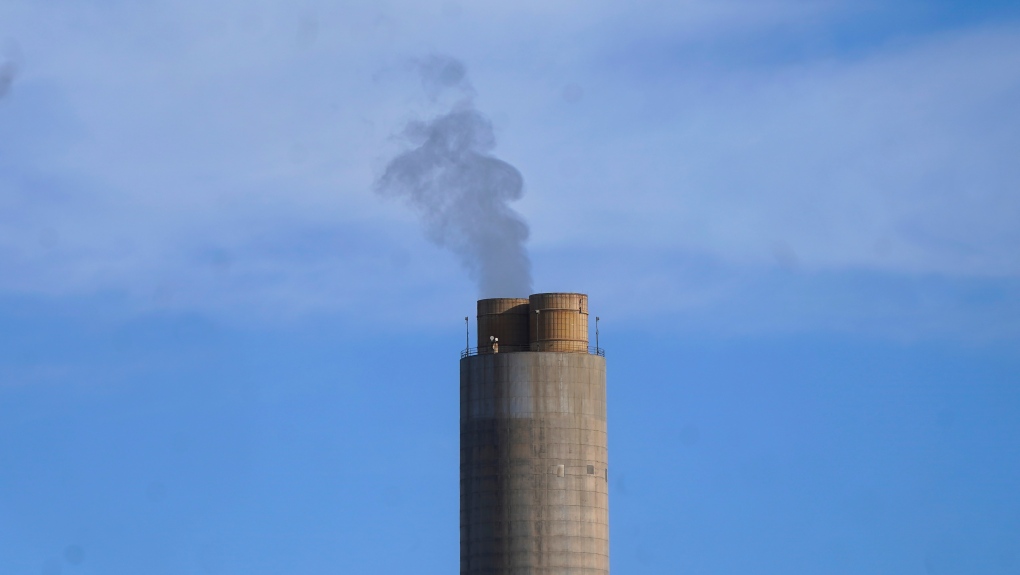NASA is cancelling a planned satellite that was going to intensely monitor greenhouse gases over the Americas because it got too costly and complicated.
But the space agency said it will still be watching human-caused carbon pollution but in different ways.
NASA on Tuesday announced that its GeoCarb mission, which was supposed to be a low-cost satellite to monitor carbon dioxide, methane and how plant life changes over North and South America, was being killed because of cost overruns.
When it was announced six years ago, it was supposed to cost $166 million, but the latest NASA figures show costs would balloon to more than $600 million and it was years late, according to NASA Earth Sciences Director Karen St. Germain.
Unlike other satellites that monitor greenhouse gases from low Earth orbit and get different parts of the globe in a big picture, GeoCarb was supposed to be at a much higher altitude of 22,236 miles (35,786 kilometres) from one fixed place in orbit and focus intently on North and South America. That different and further perspective proved too difficult and costly to get done on budget and on time, St. Germain said.
The equipment alone has more than doubled in price and then there were non-technical issues that would have added more, she said. The agency has already spent $170 million on the now-cancelled program and won't spend any more.
"This doesn't reflect any reduction in our commitment to the science, the observations associated with greenhouse gases and climate change," St. Germain said in an interview Tuesday. "We're still committed to doing that science. But we're going to have to do it a different way because we don't see this instrument coming together."
Monitoring of greenhouse gases, the main cause of global warming, is important on many levels. It can help spot leaks, say of methane, or hold to account companies and countries that have pledged to reduce emissions. Beyond governments, many private companies now do satellite monitoring of greenhouse gases.
Instead of its project, NASA is looking to launch a yet-to-be-decided Earth-focused mission, designed to be bigger and less risky. The space agency also is getting methane data from a special instrument on the International Space Station that was meant to look at mineral dust but is monitoring the potent greenhouse gas as a bonu s, plus there are methane monitoring satellites from the European and Japanese space agency and some commercial and non-profit firms, she said.
NASA also has two dedicated satellites that monitor carbon dioxide, the main greenhouse gas.









































